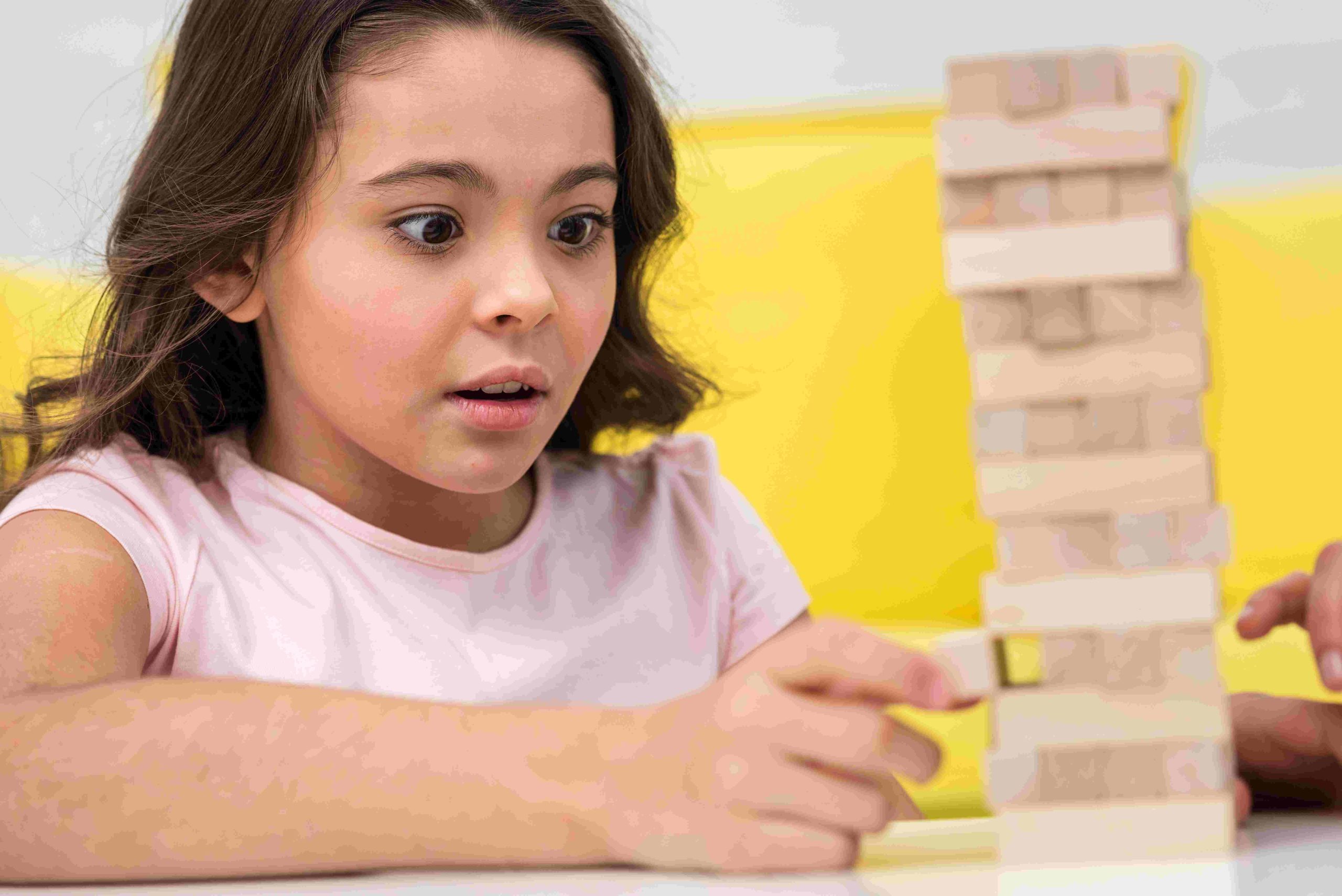
Unlocking the Power of Desired Outcomes: A Pathway to Success for Preschoolers
Nurturing Social and Emotional Competence:
Preschool years lay the foundation for social and emotional development, and it is imperative to foster competence in these areas. Desired outcomes encompass cultivating empathy, self-regulation, and social skills, enabling preschoolers to navigate relationships and engage positively with their peers and adults. By nurturing social and emotional competence, we equip preschoolers with the tools they need to forge meaningful connections and thrive in various social settings.
Building Cognitive Skills:
Cognitive development is a cornerstone of early education, and desired outcomes in this domain focus on fostering critical thinking, problem-solving, and creativity. Preschoolers should be encouraged to explore, inquire, and make connections between ideas, thereby igniting their curiosity and nurturing a lifelong love for learning. Through age-appropriate activities and engaging experiences, educators can help preschoolers develop their cognitive abilities and set a strong foundation for future academic pursuits.
Promoting Physical Well-being and Motor Skills:
Physical development plays a vital role in the lives of preschoolers, and desired outcomes encompass promoting physical well-being and enhancing gross and fine motor skills. Preschoolers should be encouraged to engage in regular physical activity, develop healthy habits, and explore their physical capabilities. By providing a range of opportunities for active play and movement, educators can facilitate the development of preschoolers’ motor skills, coordination, and overall physical health.
Nurturing Social and Emotional Competence
Building Cognitive Skills
Promoting Physical Well-being and Motor Skills
Enhancing Language and Communication Skills
Fostering Cultural Awareness and Appreciation
Instilling Values and Ethical Awareness
Fostering Independence and Self-Confidence
Fostering Curiosity and Lifelong Learning
Fostering a Positive Mindset and Resilience


